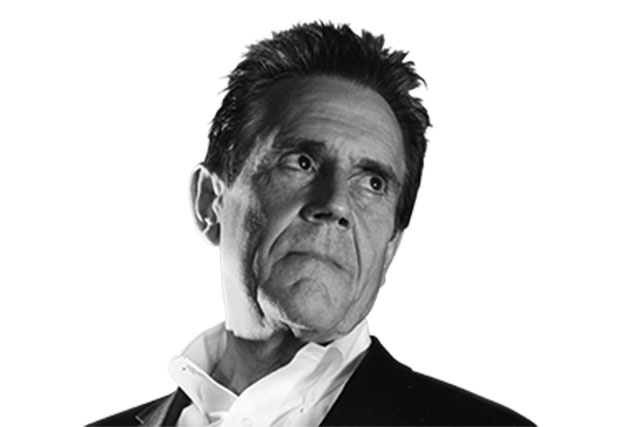In 1932, John P Thompson invented the crosshead screw.
The screw that’s used in every country in the world, on practically every product made.
But the crosshead screw isn’t called the Thompson Screw.
It’s called the Phillips Screw.
Why isn’t it called the Thompson Screw, after the man who invented it?
The answer is that, after inventing it, Thompson had no idea how to sell it.
Ralph Waldo Emerson said: "If you build a better mousetrap, the world will beat a path to your door."
Unfortunately, that isn’t true.
If no-one knows about your mousetrap, why would they come to your door?
And without advertising or marketing, how will anyone know?
So John P Thompson made no money from his invention.
Except what he made from selling the patent to Henry F Phillips.
All Thompson had seen was a better screw.
But Phillips saw the possibilities.
And the possibilities weren’t in ordinary people using crosshead screws.
The possibilities were in machines using crosshead screws.
By 1936, the industrial age was in full swing across America.
Everything was made on production lines with power tools.
Old-fashioned screws were clumsy and slowed everything up.
The screwdriver had to be carefully positioned so it didn’t slip out.
But the crosshead screwdriver had a pointed tip.
That made it self-centring, so even a machine could position it.
And twice as many slots meant it could take greater torque.
It was perfect for assembly-line power tools.
Phillips persuaded General Motors to use it on its Cadillac production line.
And then Phillips was even smarter.
Industry wanted his screws so they needed someone to make his screws.
Instead of trying to manufacture the screws himself, he sold the licensing rights to every screw manufacturer willing to pay.
Within five years, 88% of American screw suppliers were paying Phillips to manufacture his screws.
Which meant that virtually every product used Phillips screws.
Which meant that anyone wanting to repair the goods at home would need to buy Phillips screws and Phillips screwdrivers.
Phillips understood that owning a little of a lot is worth more than owning a lot of a little.
The insight was in not trying to sell Phillips screws to ordinary people.
Ordinary people had no need of a new screwdriver.
So sell the screws and screwdrivers to industry, where speed was crucial.
Then ordinary people would have to buy Phillips screwdrivers to repair the goods they bought.
And in letting every manufacturer pay him for the rights to make the screws, Phillips created an industry and a market far bigger than he could have on his own.
Phillips understood that you don’t just need a great idea, you need a great salesman.
Ralph Waldo Emerson was wrong.
Even if you build a better mousetrap, the world will not beat a path to your door.
Dave Trott is the author of Creative Mischief, Predatory Thinking and One Plus One Equals Three.


